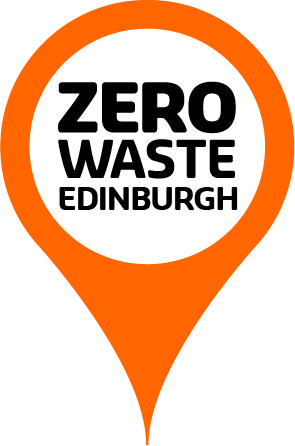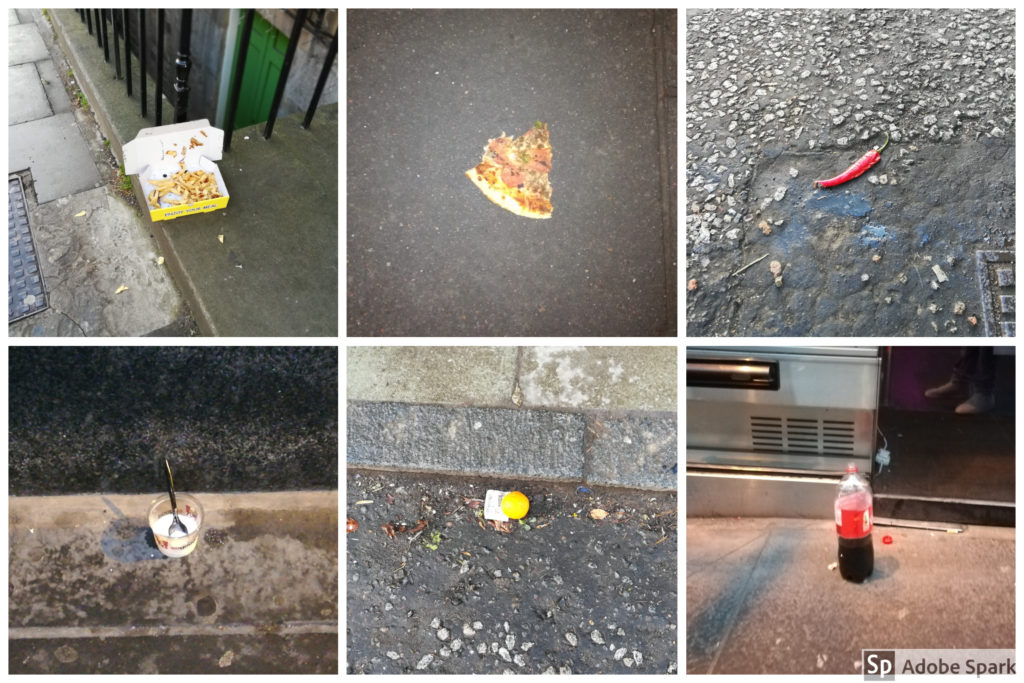Trash is a cunning and sly creature. A parasite that has learned to live among us and feed on our wasteful behaviour.
It has also gained the skill to hide in plain sight in our urban landscape. It is everywhere and we have become blind to it. This particular affliction is called trash-blindness.
What is “Trash Blindness”?
Trash blindness is the name given to the condition that makes us become desensitised or unaware, most of the time involuntarily, to the waste in our towns and the litter around us.
Trash blindness strikes every time we walk over a discarded can on the sidewalk without even thinking about it. Or when we don’t even notice litter and abandoned trash bags.
Anyone can become afflicted by this condition. One of the main reasons for its pervasiveness is the natural human tendency to adapt to the environment they live in and to become accustomed to the continuous stimuli that the same environment continuously provides. It would be crazy if it was otherwise: the cognitive strain of noticing and be outraged by every little piece of litter we come across would be unbearable.
But fortunately this is not irreversible, we can get better and, at least, recognise this issue.
I personally became so used to seeing cigarette butts in every corner that I recall their existence only when there is none at a bus stop and it feels weird.
I realised that I was too affected by this blindness thanks to a peculiar typology of Waste, which is very important to me: food waste.
Since the issue of food waste (and how to tackle it) is one of the concerns that most often I think about, I started to notice all kind of food just scattered around. Still edible, if not for the fact that it was on the ground.
I was baffled by the quantity and the quality of the food wasted that I came across and how it has just become accepted as a normal aspect of urban life. Once I realised this, I started to stop for a second and took a quick picture of this hidden-in-plain-sight tragedy. And this is the result:
And be aware that I do not go for long hunts of discarded food around Edinburgh, this is just what I came across during my common commuting routes.
Now that you are aware too that trash-blindness exists, let’s examine how we can make it better and overcome its effects!
What can we do to fight trash-blindness?
1. Uncover the concealed value of “trash”.
I personally do not like to use the word “trash” to identify any kind of litter or discarded matter. This term has an inherently bad connotation. It identifies something worthless and insignificant.
I much prefer to use the term “waste”, which better describes the terrible loss of the potential of such materials and our failure to recognise their value and inability to put them to good (re)use.
So one of the first cure for trash-blindness is to become able to see the value that’s being wasted with any kind of “trash”.
Research in behavioural economics has shown how people are averse to “loss” and taking advantage of this predisposition could change the way we perceive any “piece of trash”: if not as something valuable, at least as a loss of potential value.
Proposals like the “Scotland’s deposit-return scheme”go in this exact direction and could be a way to recognise this value and finally see the can of soda left in the bush in front of our house as something more than just a nuisance that we are going to do nothing about!

2. Cleaning days and pick-up runs
Events like the “World Clean Up Day”, organised by the Let’s Do It Foundation, bring together millions of people every year, spanning 158 countries, to help clean up part of our common ecosystem and create “immediate change, while also introducing the mismanaged waste issue and inspiring politicians, businesses and communities to implement steps toward lasting change”.
The success of these kinds of projects is reflected by the number of similar, smaller, events organised all over the world, from beach cleaning weekends, to pick-up runs (jogging and pick up litter: a double workout!), to the recent success on socials of #trashtag, where people
They all contribute to create awareness and so to open our eyes a bit more in acknowledging waste.
3. Getting involved
Getting involved in local sustainability and upcycling projects, that promote circular economy and sustainability it is a foolproof antidote to trash-blindness.
If you are in the Edinburgh area, Projects like the Zero Waste Edinburgh, which SHRUB developed in conjunction with Zero Waste Scotland, could be the perfect opportunity to get hands-on with Circular Economy.

Alternatively, you can step in the SHRUB’s Zero Waste Hub to buy second-hand or to donate your old items in the Swapshop, collect saved food from the Food Sharing HUB, or participate in one of the many events organised by SHRUB’s workshop program: Material Matters.
Getting involved directly can help you to better understand the issues around waste & reuse and to make an actual contribution to their solutions.
From trash-blindness to circular awareness!
Even if these are not magical formulas to solve the litter issue, being able to recognise (and actually “see”) the problem is already a big step in the right direction.
Next time you are walking down the street take your time to at least notice a single piece of trash. If you want, take a picture of it (it will help you to remain aware in the future). If you can, pick it up and recycle it.
…and soon your trash-blindness will be a thing of the past!
